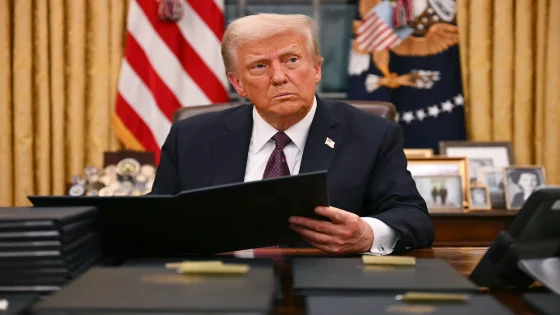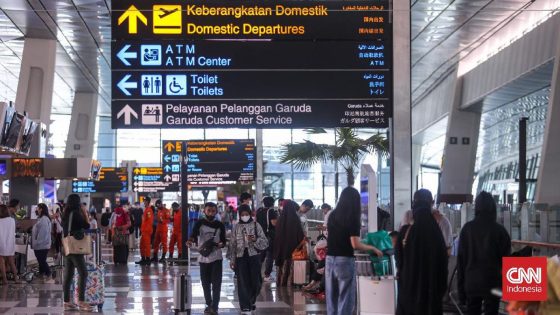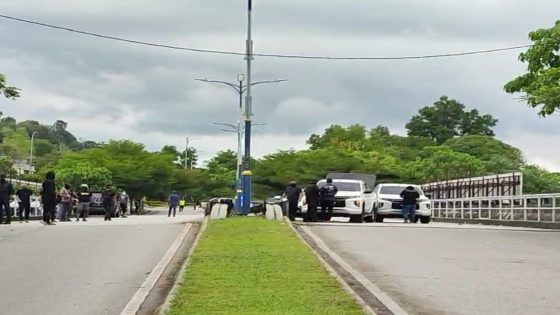On January 20, 2025, President Donald Trump signed an executive order aimed at ending birthright citizenship for children of undocumented immigrants born in the united states. This move seeks to reinterpret the Constitution’s 14th Amendment, which has guaranteed citizenship rights for over a century and a half.
- Trump signs executive order on birthright citizenship
- Affects babies born after February 19
- Legal challenges expected against the order
- Defines citizenship based on parental status
- Excludes queer and nonbinary couples' rights
- Potential impact on newborns' healthcare access
The order is expected to face legal challenges as it would affect newborns from February 19 onward. Critics argue that this could create significant complications for families with undocumented parents, potentially leaving many infants without citizenship or access to essential services.
The executive order titled “Protecting the Meaning and Value of American Citizenship” was signed shortly after Trump took office. It proposes excluding certain categories of infants from U.S. citizenship: those born to undocumented mothers and non-citizen fathers, as well as those born to temporary residents with non-citizen fathers. This marks a significant departure from longstanding interpretations of the Constitution.
Key points regarding the executive order include:
- The potential exclusion applies specifically to babies born after February 19.
- It does not address situations involving queer or nonbinary couples, defining parental roles strictly in traditional terms.
- If implemented, it could prevent the Social Security Administration from issuing social security numbers to these infants.
This policy change is part of a broader set of immigration reforms announced by Trump on the same day. Experts warn that undermining birthright citizenship could have severe implications for families welcoming new children into their homes. Wendy Cervantes from the Center for Law and Social Policy highlighted concerns that such actions might deny critical healthcare and support services during crucial early years of life.
The implications of this executive order are profound, potentially affecting countless families across the nation while igniting debates about immigration policy and constitutional rights in America.
This executive order represents a controversial shift in U.S. immigration policy that could redefine citizenship criteria for future generations, raising questions about legality and its effects on family dynamics within immigrant communities.

































